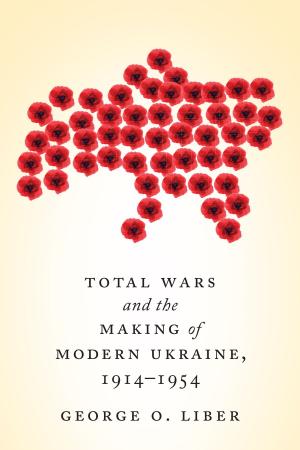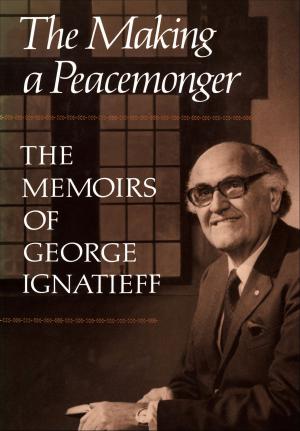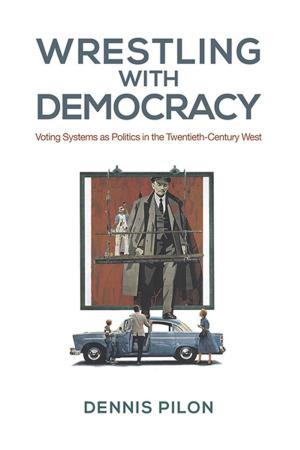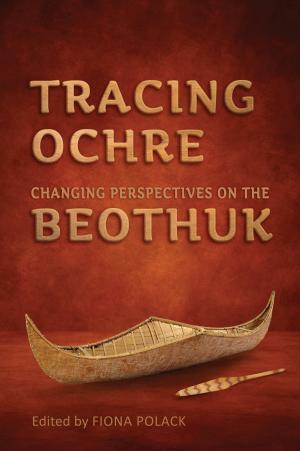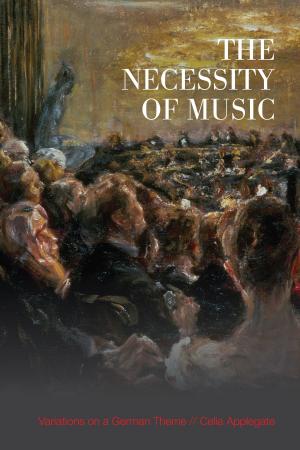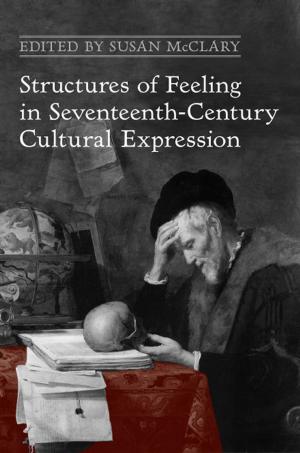The Drama of the Assimilated Jew
Giorgio Bassani's Romanzo di Ferrara
Fiction & Literature, Literary Theory & Criticism, European, Italian, Nonfiction, History, European General, Social & Cultural Studies, Social Science| Author: | Lucienne Kroha | ISBN: | 9781442665064 |
| Publisher: | University of Toronto Press, Scholarly Publishing Division | Publication: | February 24, 2014 |
| Imprint: | Language: | English |
| Author: | Lucienne Kroha |
| ISBN: | 9781442665064 |
| Publisher: | University of Toronto Press, Scholarly Publishing Division |
| Publication: | February 24, 2014 |
| Imprint: | |
| Language: | English |
Giorgio Bassani (1916–2000) was a Jewish Italian novelist, poet, essayist, editor, and intellectual. A cosmopolitan writer concerned with the problems of Jewish identity and history, Bassani was deeply affected by the persecution and deportation of Italian Jews under Mussolini. His personal experience of this period and its aftermath was fundamental to the creation of his masterwork, the Romanzo di Ferrara (Romance of Ferrara).
In The Drama of the Assimilated Jew, Lucienne Kroha makes Bassani’s personal and literary journey accessible to English-language readers. Kroha’s close, intertextual reading of Bassani’s novels and short stories reveals Bassani’s focus on the issue of Jewish masculinity and his profound engagement with the work of Freud, Nietzsche, and Thomas Mann, whose ideas he appropriated and re-cast to construct the fictional story of his own personal struggle.
Giorgio Bassani (1916–2000) was a Jewish Italian novelist, poet, essayist, editor, and intellectual. A cosmopolitan writer concerned with the problems of Jewish identity and history, Bassani was deeply affected by the persecution and deportation of Italian Jews under Mussolini. His personal experience of this period and its aftermath was fundamental to the creation of his masterwork, the Romanzo di Ferrara (Romance of Ferrara).
In The Drama of the Assimilated Jew, Lucienne Kroha makes Bassani’s personal and literary journey accessible to English-language readers. Kroha’s close, intertextual reading of Bassani’s novels and short stories reveals Bassani’s focus on the issue of Jewish masculinity and his profound engagement with the work of Freud, Nietzsche, and Thomas Mann, whose ideas he appropriated and re-cast to construct the fictional story of his own personal struggle.


